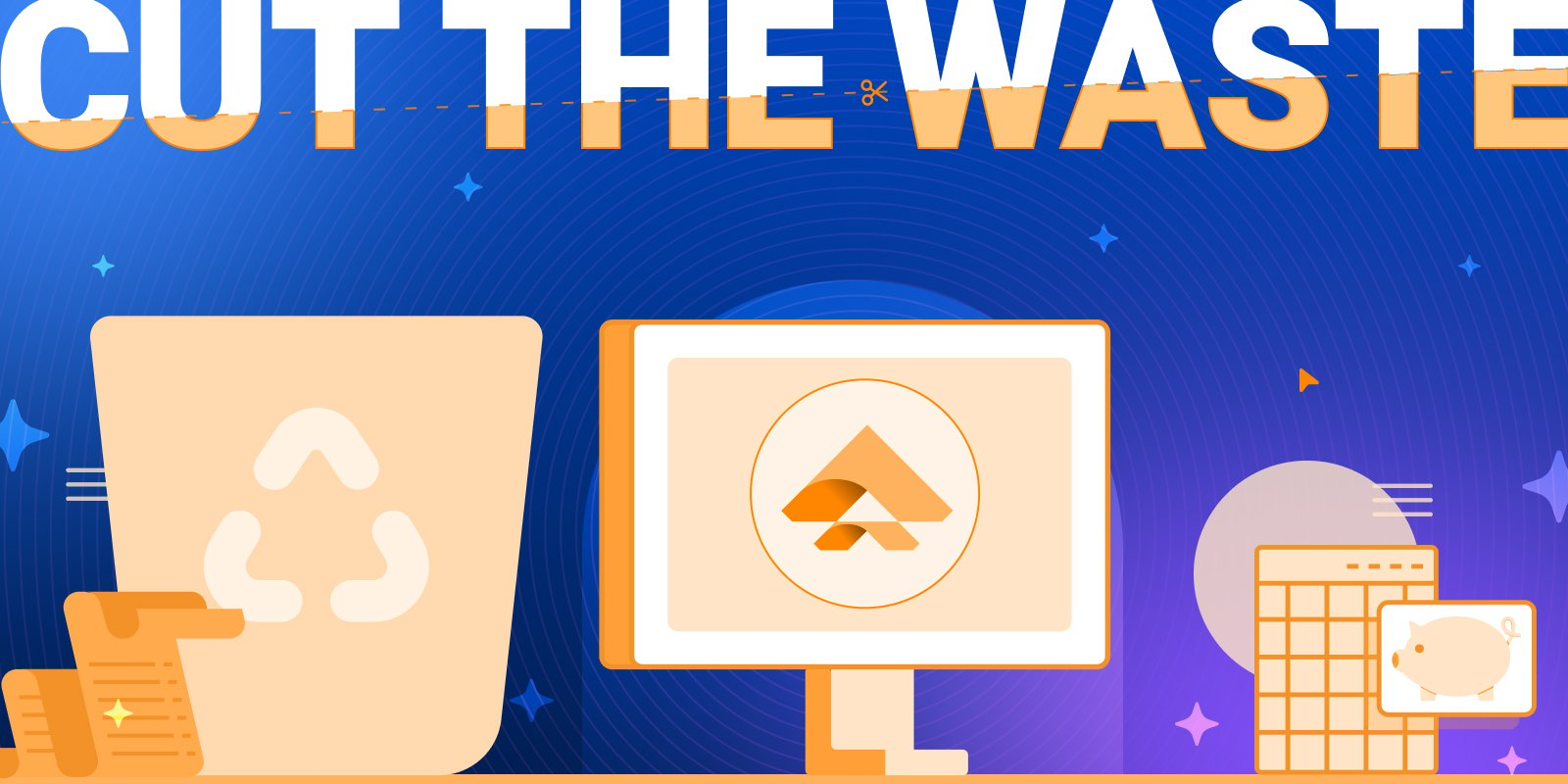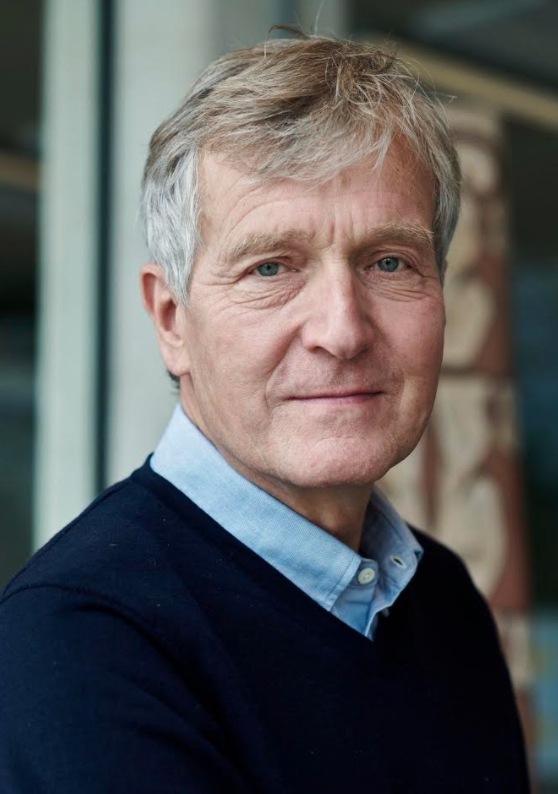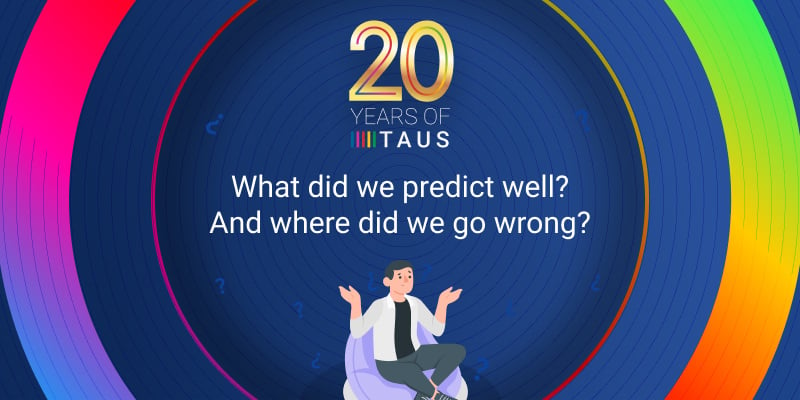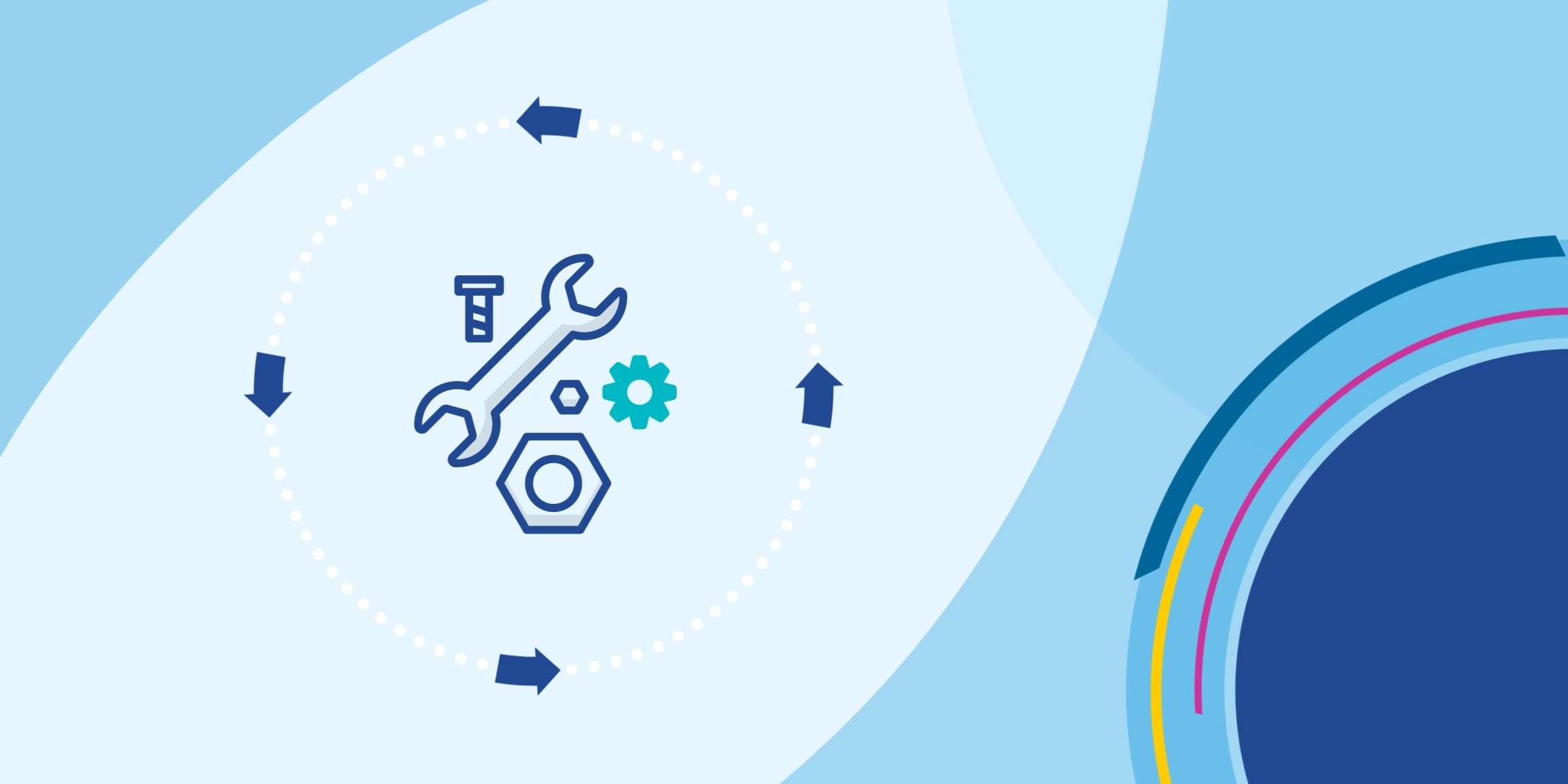From Words to Algorithms: a Career Journey to Language Engineering
27/11/2023
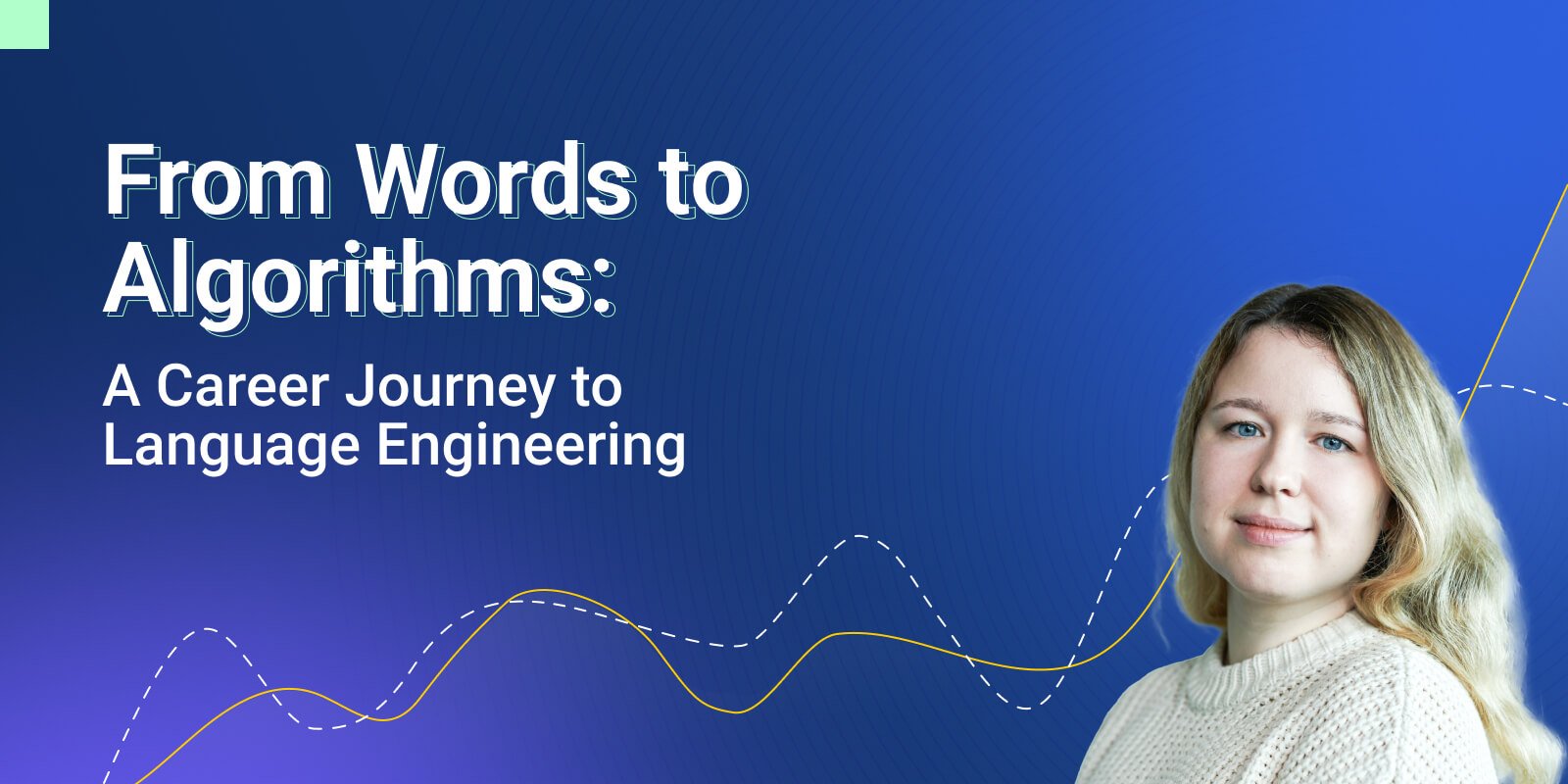
Explore the fascinating journey of Lisa Vasileva, a Machine Learning Engineer at TAUS, as she transitions from a professional translator to the field of Natural Language Processing (NLP).
Author
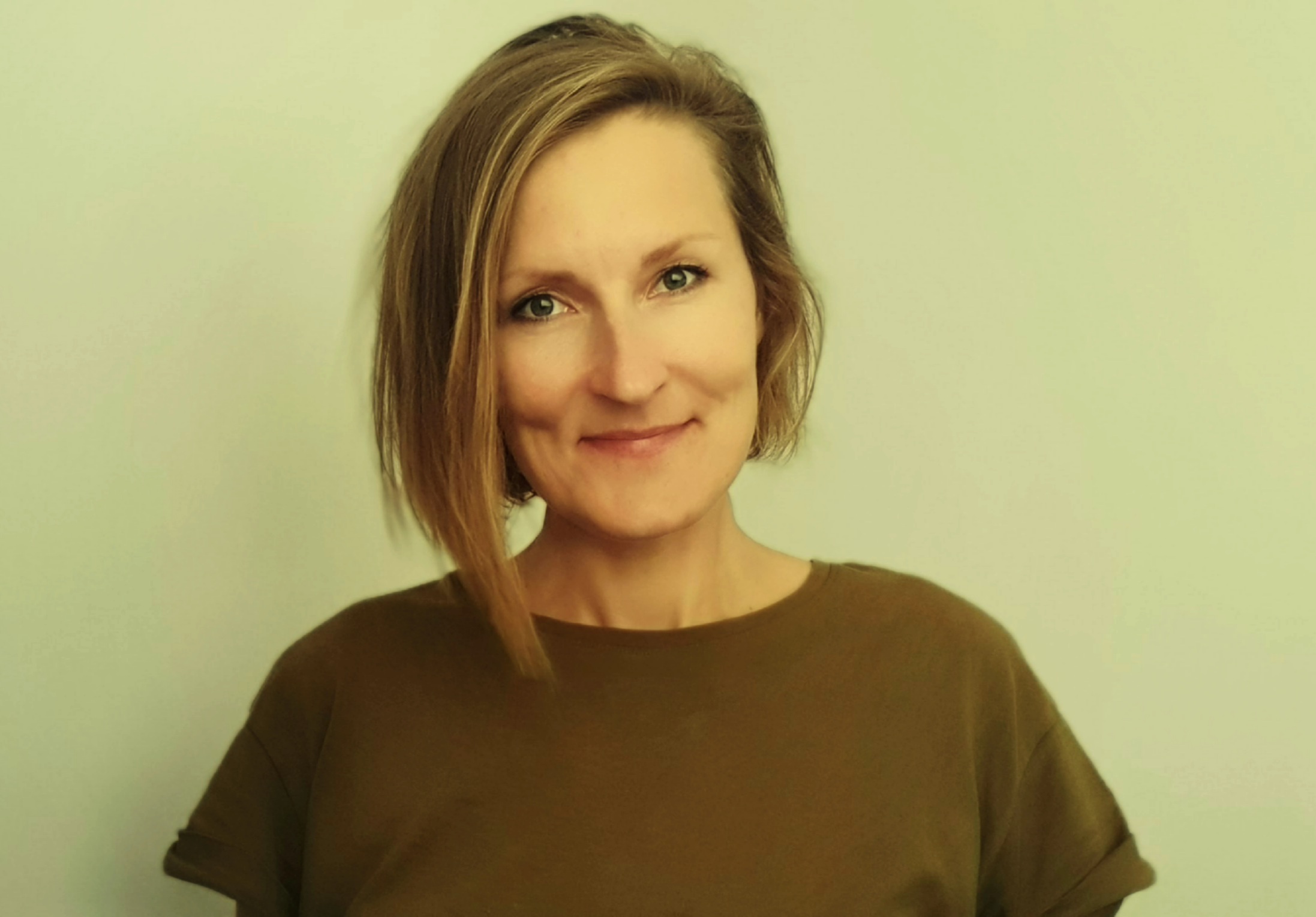
Dace is a product and operations management professional with 15+ years of experience in the localization industry. Over the past 7 years, she has taken on various roles at TAUS ranging from account management to product and operations management. Since 2020 she is a member of the Executive Team and leads the strategic planning and business operations of a team of 20+ employees. She holds a Bachelor’s degree in Translation and Interpreting and a Master’s degree in Social and Cultural Anthropology.
Related Articles
03/06/2025
Discover how AI and innovation are transforming the localization industry and challenging traditional methods.
21/11/2024
Celebrating the 20th anniversary of TAUS this month caused the team to look back at the predictions and outcomes so far. What have we achieved? What went wrong?
01/10/2021
The factors that impact the reconfiguration of the translation industry in the 2020s and emerging pricing and licensing models: The Owned, Public, Private, Hosted and Shared.
